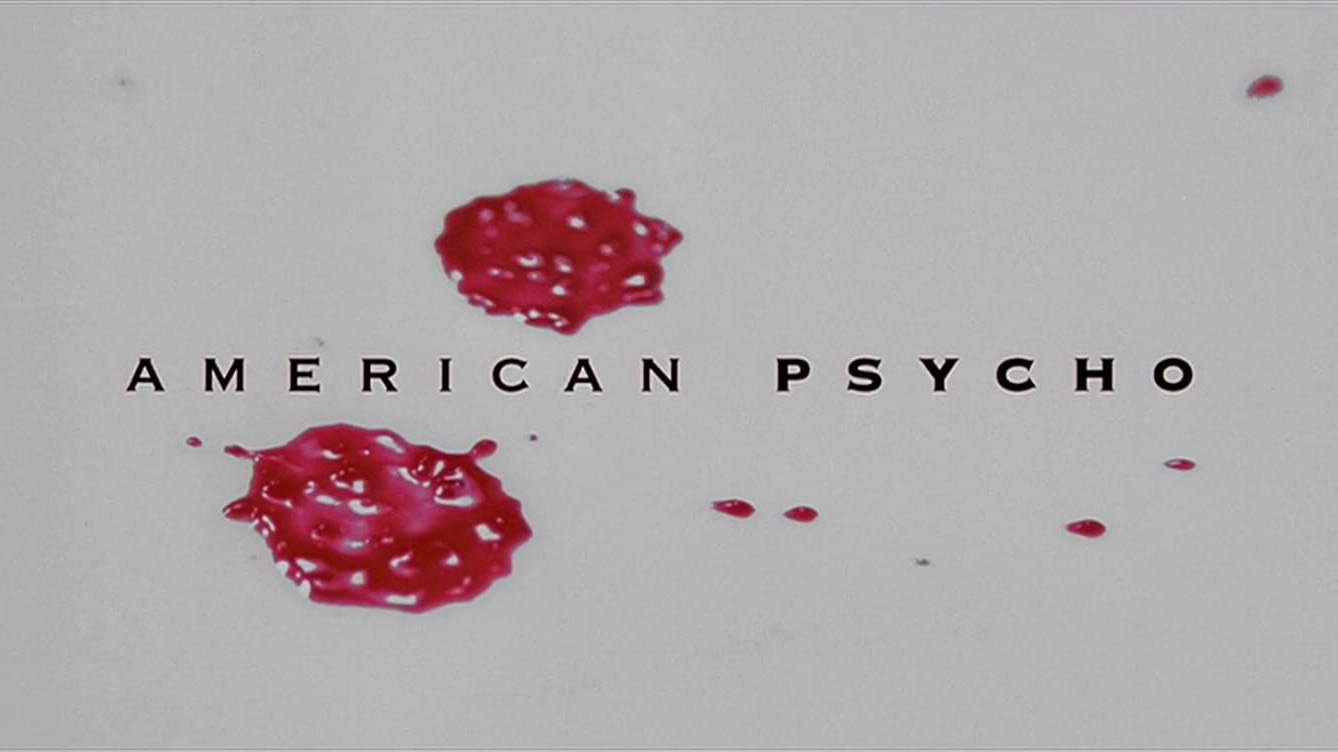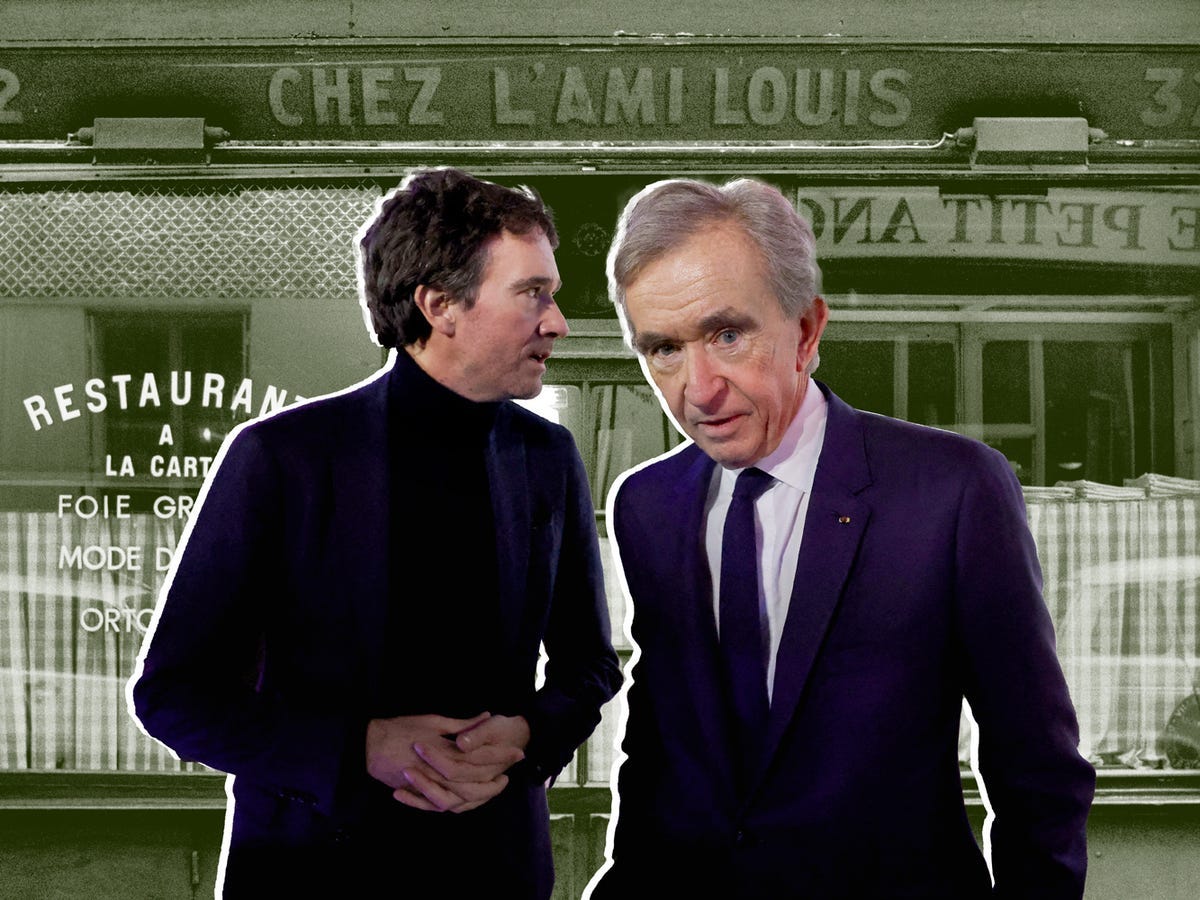TL;DR
- Dorsia raises $50.4M at a $146M valuation for premium restaurant reservations
- The math doesn't add up - there simply aren't enough restaurants with demand that significantly exceeds supply
- The business model is built on monetizing status anxiety and FOMO
- Even the name is a reference to American Psycho's fictional unattainable restaurant, a bit on the nose to put it lightly
- My Prediction: By 2030, this likely ends with LVMH owning both the platform and many of the restaurants
Audio by Eleven Labs, can be a little wonky
"I have to return some videotapes."
Patrick Bateman's famous excuse for leaving dinner in American Psycho came after failing to get a reservation at Dorsia, the fictional restaurant that represented everything he couldn't have despite his wealth and status. The 2024 version of this scene would be different - Bateman would simply open the Dorsia app, commit to a $500 per person minimum spend, and get his table. I suppose this is progress, in some dystopian, late-capitalist way.
Dorsia (yes, named after that Dorsia) just raised $50.4M at a $146M valuation. The platform lets members pay significant minimums to bypass the traditional reservations process at hard-to-book restaurants. Before we get into the math on why this valuation is ridiculous, let's acknowledge what we're actually talking about here - they've built a business monetizing FOMO and status anxiety. The fact that they chose to name it after a fictional restaurant coveted by murderous psychopath is either brilliant marketing or concerning self-awareness.
What's fascinating is that this isn't the first attempt to monetize access and status in restaurants. This is at least the second cycle in the last decade. When Resy launched in 2014, they too thought people would pay $50+ for prime-time reservations at hot spots. Reserve, eventually acquired by Resy, tried a concierge model charging $5 per booking. Table8 convinced restaurants, briefly in 2015, to hold back tables they could sell at a premium. Every single one of these companies either pivoted away from the model or shut down entirely. Because here's the thing - the math has never worked.
The Restaurant Genome Project, aka Reggi is a new classification system and recommendation engine for restaurants that's trying to reflect how and why we choose restaurants in given context. I appreciate you playing with it and welcome feedback.
Let's look at the actual numbers. Dorsia operates in 21 markets worldwide with around 125,000 members. They probably have 3-4 marquee restaurants per market where demand truly exceeds supply - your Carbones, Torrisis, etc. Even being generous, we're talking about maybe 100 restaurants total where this model really works. For context, when Resy sold to American Express in 2019 for $200M, they had over 4,000 restaurants actively using their platform daily. When Tock sold to Squarespace in 2021 for $400M, they were processing millions of reservations annually through a complete table management system.
The math gets weirder fast. Take New York City - Opentable lists over 16,000 restaurants offering reservations. Resy has another couple thousand. That means about 0.02% of reservations-taking restaurants have the kind of sustained excess demand that would make Dorsia's model viable. Even among critically acclaimed restaurants, only a tiny fraction maintain months-long waitlists. For a $146M valuation to make sense, each of those restaurants would need to generate massive revenue through the platform.
Let's put actual numbers to this. If a restaurant allocates 2 four-tops per night to Dorsia with a $500 per person minimum, that's $4,000 in guaranteed spend. Let's say Dorsia takes 10% (which would be high for the industry - OpenTable typically charges $1-3 per seated diner and Resy is a flat monthly subscription starting around $300). That's $400 per night per restaurant in revenue. Even with 100 restaurants, seven nights a week, 52 weeks a year, you're looking at about $15M in annual revenue. And that assumes every single table gets booked every single night at maximum capacity. Below is napkin-ish math on annual recurring revenue needs at varying levels of exit. It’s hard to see a breakeven path even in the rosier scenarios. Someone I spoke to with strong background in restaurant tech suggested that a fund-returning outcome would require a multi-billion dollar valuation at exit.
The counterargument is probably that this is just the beginning - they're expanding into events, adding locations in places like Mykonos, building a "global community of nomadic LVMH economy travelers" (their actual words). But there's an inherent tension here. The whole model is built on exclusivity. Scale and exclusivity are natural enemies. We've seen this movie before - Resy's pivot from paid reservations to a full restaurant platform wasn't just a choice, it was a necessity. Table8, which had a similar model to Dorsia, couldn't make it work despite backing from high-profile investors and partnerships with marquee restaurants.
What's really being valued here isn't the current business - it's the promise of building within what founder Marc Lotenberg calls "the LVMH economy." It's a bid to be the platform for a certain kind of conspicuous consumption, where getting the reservation is as much about signaling as it is about the meal.
Mario Carbone (who invested in this round) put it pretty directly: "This product is very tailored for our restaurants...This guarantees a customer that's going to indulge." Translation: This guarantees a customer who will spend big to prove they can. Herein lies further tension- “tailored for our restaurants”- meaning tailored for restaurants that have a high end fashion line and develop branded luxury real estate towers.
The irony is that this whole thing really does feel like something straight out of American Psycho. A system where people pay large sums not just for a meal, but for the privilege of being seen as someone who can access the meal. Patrick Bateman would absolutely be a Premium Plus member ($25,000/year). He'd probably expense it to Pierce & Pierce.
This is where it gets darker than just questionable startup economics. Dorsia's rise reflects and amplifies a particularly modern form of inequality. I could also argue that it’s actually a very old form of inequality too—like French Revolution, off with their heads, feudal old. It's not enough that some restaurants are expensive - now there's a whole additional layer of financial gatekeeping just to get in the door. The message is clear: Money can't buy taste, but it can buy access to places where you might pick some up.
And maybe that's the real genius (or cynicism) of naming it Dorsia. In American Psycho, Dorsia represented something Bateman couldn't have, no matter how rich or well-connected he was. In 2024, everything has a price - even exclusivity itself. For $25,000 a year plus minimums, you too can be part of the club. Just don't forget your bone-colored business card with Silian Rail lettering.
The venture capitalists backing Dorsia at a $146M valuation aren't betting on restaurant economics - they've seen those numbers before. They're betting on something much more cynical: the enduring human desire to be part of something exclusive, to be seen as someone who belongs. In a world where a Resy + Amex or Opentable + Visa can still leave you locked out of the hottest tables, they're betting people will pay even more for guaranteed access.
Here's my prediction: By 2030, LVMH owns not just Dorsia but also Major Food Group and many of the other restaurants currently thriving on the platform. It's the natural endpoint - LVMH already bought L'Ami Louis in Paris, showing they understand that controlling both the platform and the experience is the endgame. They'll vertically integrate the entire luxury dining ecosystem, just as they've done with fashion, jewelry, and wine. The irony? They'll probably keep the Dorsia name, not realizing (or perhaps perfectly understanding) that they're naming their dining division after a fictional restaurant that represented the hollowness of status-seeking consumption.
I'm leaving. I've assessed the situation, and I'm going.






